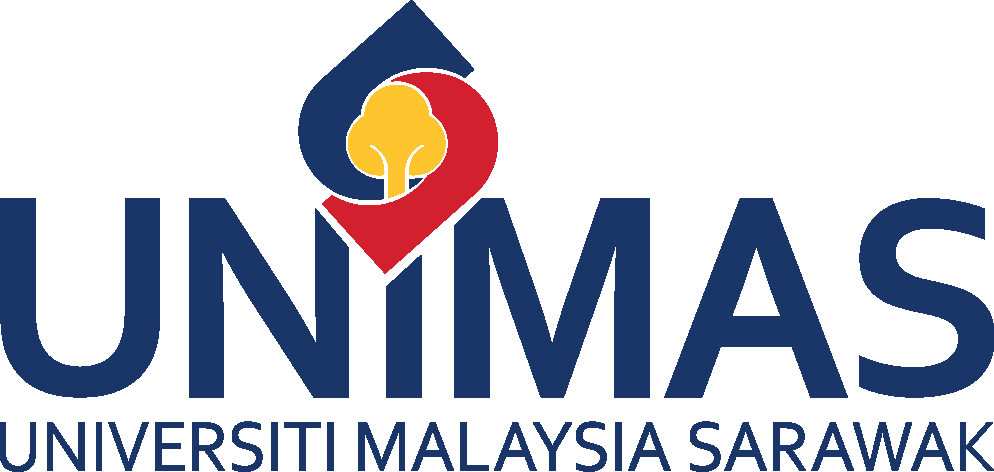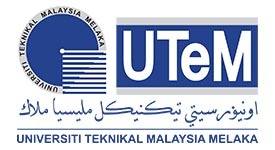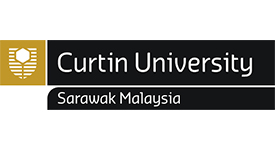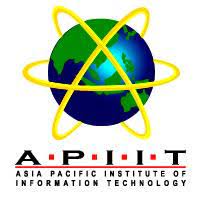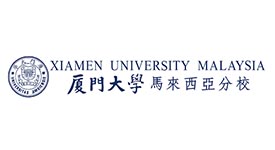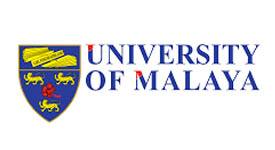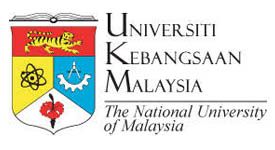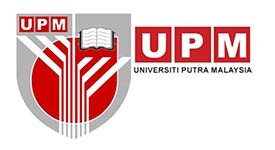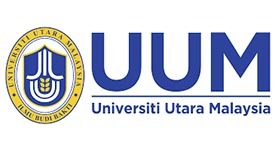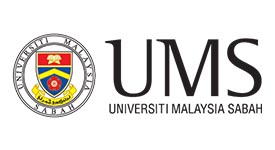- Home
- University
- AIMST University
- course
- Bachelor of Engineering (Hons) in Electrical & Electronic Engineering
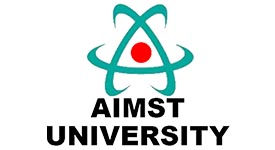
AIMST University
- Location: Kedah, Kedah
-
-
Schooling:
-
View:
- Type: Private Institution
- Courses: 40
- QS World University Rankings:
- Times Higher Education World University Rankings: 1508
- Get Direction
Bachelor of Engineering (Hons) in Electrical & Electronic Engineering Fees Structure, Admission, Intake, Deadline
Study Mode:FULL TIME
Duration:4 Years
Level:UNDER-GRADUATE
Exam
Accepted:N/A
Intake:MAR,AUG,OCT
Tuition
Fees:N/A
Course Intake
Jan
Feb
Mar
Apr
May
Jun
Jul
Aug
Sep
Oct
Nov
Dec
AIMST University Popular Courses
Top Streams:
Malaysia Popular Courses
Top Streams:
Top Courses to Study in Malaysia
Top Streams:
International Islamic University of Malaysia
Gombak Road, 53100 GombakSel,, Selangor
University of Islamic Sciences Malaysia
New Town, 71800 Value, State o, Negeri Sembilan



